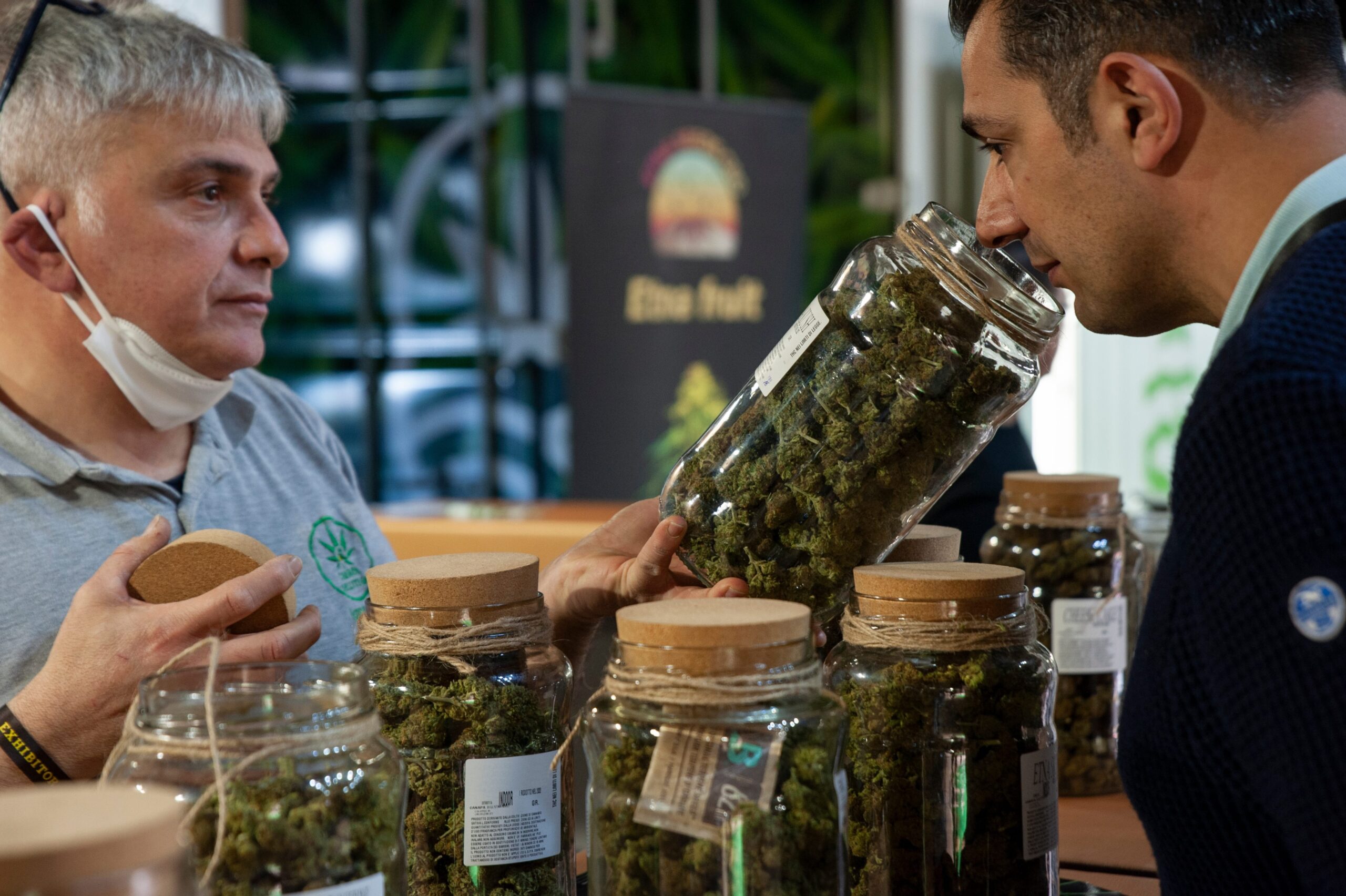
Analysis: Adult cannabis leads to economic improvements and more jobs
Opponents of legalizing recreational cannabis have argued that increased cannabis use could decrease motivation, impair cognitive function and harm health, and ultimately affect adult economic well-being. However, an analysis published by the National Bureau of Economic Research finds that the opposite is true: the legalization of adult-use cannabis is actually associated with economic improvements and increased job opportunities.
Researchers from San Diego State University and Bentley University conducted the study, which they said is the first to examine the impact of recreational cannabis laws on employment, wages and labor market outcomes of working-age individuals. They used data from the 2002-2020 Current Population Survey Merged Outgoing Rotation Groups, along with various difference-in-difference approaches including TWFE and Callaway and Sant’Anna estimators.
Ultimately, the researchers said they found “little evidence that RMLs [recreational marijuana laws] adversely affect the labor market outcomes of most people of working age.”
Rather, they found evidence of “modest increases” in employment and wages, particularly among the over-30s (often shorter-term gains), younger racial/ethnic minorities and those working in the agricultural sector.
“These findings are consistent with the opening of a new legal industry for marijuana and (particularly for the elderly) substitution away from harsher substances such as opioids,” the researchers said.
The introduction to the working paper begins with two contrasting quotes from Elon Musk and Seth Rogan — Musk’s quote, “I’m not a regular weed smoker… I don’t find it very good for productivity” and Rogan’s, “I smoke a lot of weed when I’m writing. “
The paper’s focus was not on cannabis and individual productivity, although a number of recent studies have examined this question with conflicting results. A 2022 study concluded that cannabis use had no effect on motivation, although a 2016 study suggested improved performance and cognitive function for cannabis users. Others have concluded that cannabis use may actually lead to lower motivation.
Instead, this analysis examined broader economic trends following the legalization of recreational cannabis. Ultimately, the authors said that cannabis reform introduced a new industry that would ultimately create jobs and opportunity for the working class.
In addition to the buoyant job opportunities, the researchers said legal access to cannabis keeps more people away from other substances, such as opioids or heavy alcohol use, which can have a negative impact on productivity. They also note that if cannabis is effective in improving physical or mental health symptoms, those improvements could also help generate “positive labor market effects.”
With legal cannabis, there is also less criminalization associated with possession, which in turn allows for better labor market outcomes, particularly among young Black and Hispanic men who “have disproportionately suffered from reduced labor market opportunities because of their criminal records,” researchers said.
Because of the relatively new market, the researchers said the study was limited simply because of the limited analysis period.
“Long-term labor market effects may be different as we learn about the impact of RMLs on cognitive development and human capital acquisition in those under 21, which may take some time to unfold and translate into market-level impacts on productivity, wages and/or employment,” they concluded. “Additionally, the labor market effects of criminal record cuts might also take time to unfold.”
The researchers also said it is difficult to confirm how the new legal industry will evolve over time, calling the initial COVID-19 period a “dramatic surge” in cannabis sales and the period that followed “a dramatic one.” declining sales”.
“Nonetheless, our results answer some important early questions about the economic implications of recreational marijuana legalization,” the authors said.
Previous studies have confirmed a link between recreational cannabis laws and increased employment levels among older adults. Data compiled by Leafly and Whitley Economics last year also shows that the cannabis industry added more than 100,000 new jobs in 2021 and employed more than 428,000 full-time employees at the time of publication.

Post a comment: